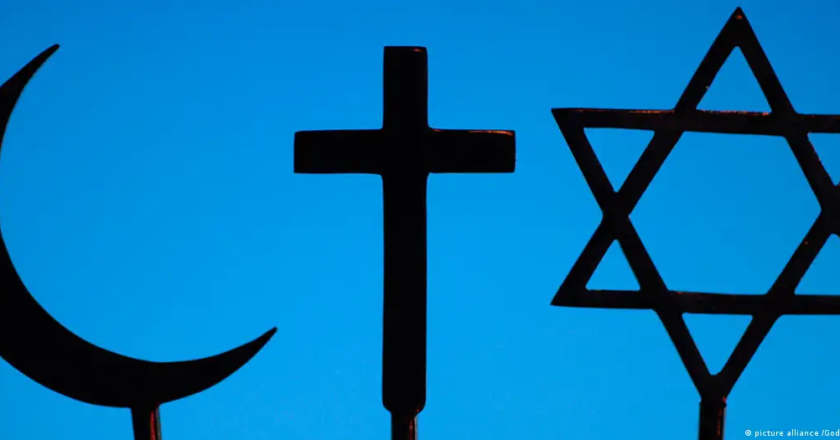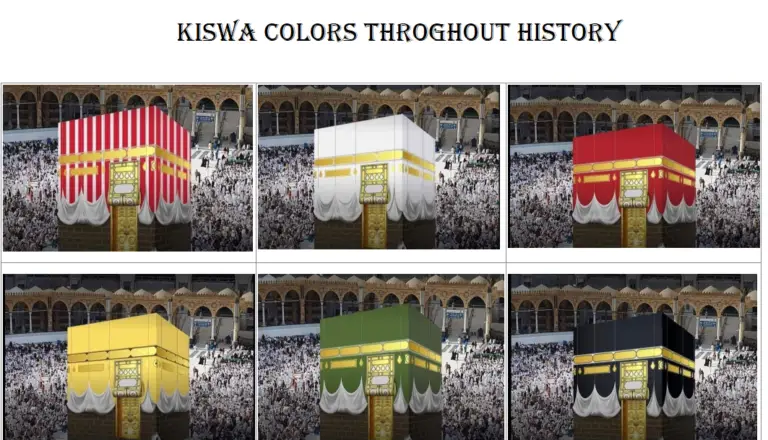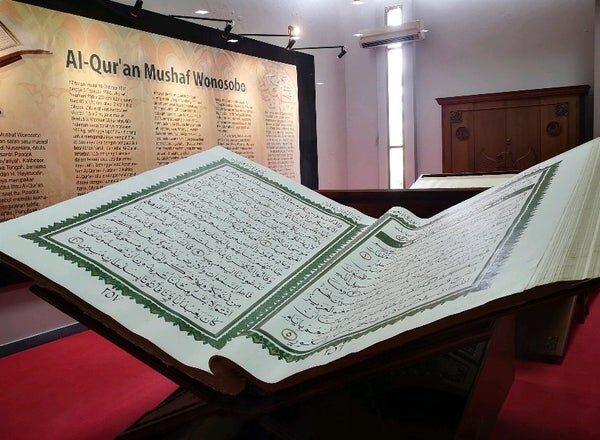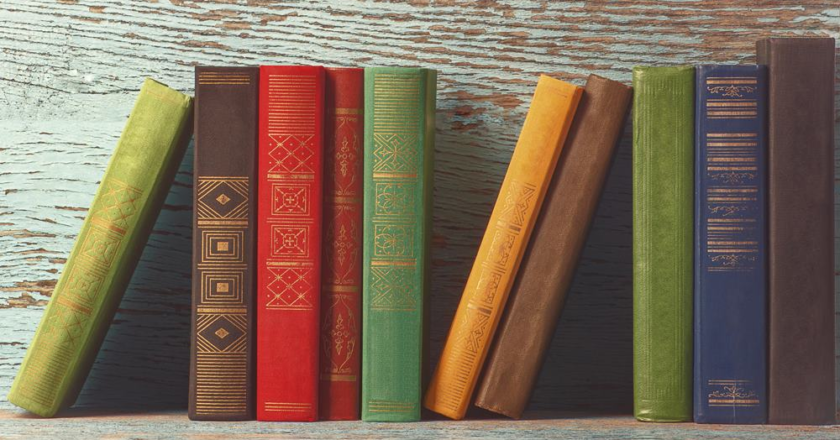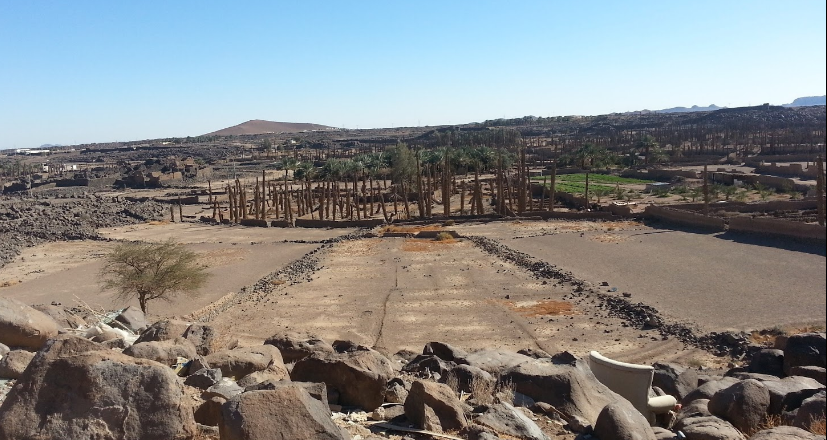What Is Common In Muslims, Christians and Jews?
Christianity, Judaism and Islam have a number of things in common. They are not shared by Eastern religions such as Buddhism, Hinduism, and Taoism. Lets Discuss a Few of them.
Islam, Christianity, and Judaism are three major monotheistic religions that share certain common elements, as well as distinct customs and practices.
Here are some things that are common among these religions, along with some distinctive customs.
Founding Figures
Abraham is a central figure uniting these religions. Christians, Jews, and Muslims all regard him as significant. He's considered the Patriarch of the Jewish people and is important in the other faiths too.
Common Holy City
Jerusalem holds great significance for all three religions. Muslims revere the Dome of the Rock where Muhammad...

